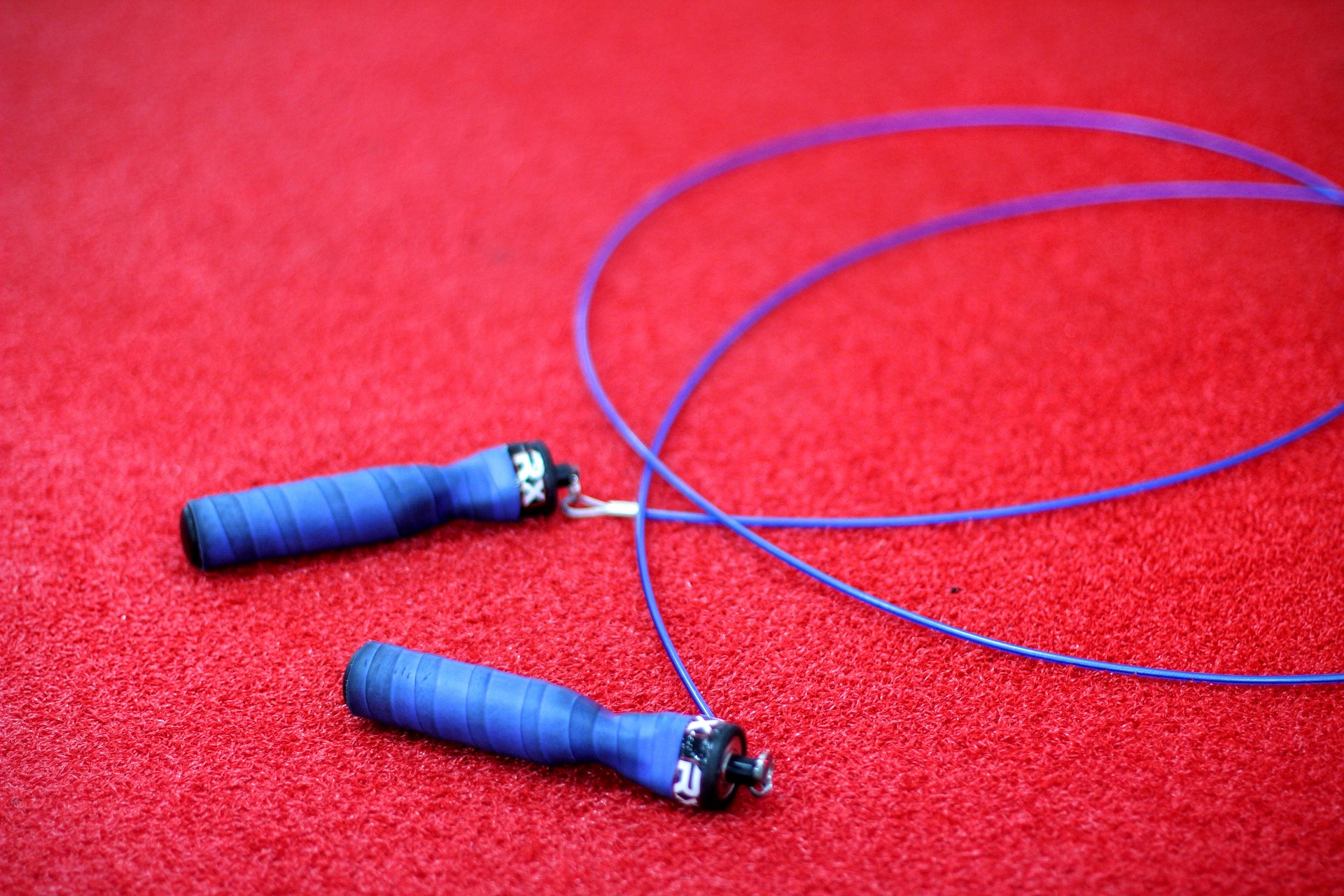Breaking Down the Complexity: Demystifying the Science of Triathlon Training
Competitive triathlons are a test of athleticism, endurance, and mental fortitude. The multi-discipline sport that combines swimming, cycling, and running is not for the faint-hearted. But what makes a successful triathlete? In the following sections, we delve into the science and strategies behind triathlon training, exploring the role of genetics, the importance of nutrition, the nuances of mental preparation, and the criticality of recovery.

The Genetic Factor: Nature’s Role in Triathlon Performance
While training and preparation undeniably play an integral role in athletic performance, the influence of genetics cannot be overlooked. According to a study published in the European Journal of Applied Physiology, certain genetic factors significantly contribute to an individual’s endurance capacity. This includes the ACE gene, which regulates blood flow and can influence muscular efficiency. Understanding one’s genetic predisposition can help athletes and trainers formulate a more personalized and effective training approach.
Nutrition: The Fuel for Triathlon Success
Nutrition is an essential pillar of triathlon training. The body’s energy needs during a triathlon are immense and require careful planning and management. A well-balanced diet rich in carbohydrates, proteins, and healthy fats, coupled with appropriate hydration strategies, can optimize performance and hasten recovery. The timing of nutrition intake also holds significance, with strategic refueling during training and competition phases being vital.
Mental Toughness: The Unseen Facet of Triathlon Training
The mental aspect of triathlon training is as crucial as the physical. Mental toughness, defined by sports psychologists as the ability to maintain focus and confidence while managing stress and adversity, is a key determinant of success. Techniques such as visualization, goal setting, and positive self-talk can be employed to enhance mental resilience, contributing significantly to a triathlete’s overall performance.
The Recovery Aspect: A Key Player in Optimal Performance
Recovery is an often-underestimated component of triathlon training. Adequate rest and recovery play a vital role in allowing the body to repair and strengthen itself between workouts. Active recovery strategies, such as low-intensity exercise and massage, coupled with passive recovery methods like sleep and nutrition, are integral to averting overtraining and ensuring long-term athletic health.
Triathlon Training: A Science and an Art
Triathlon training is a complex interplay of multiple factors. Success in this demanding sport requires a holistic approach, blending the physical, nutritional, mental, and recovery aspects with an understanding of individual genetic predispositions. By demystifying the science of triathlon training, athletes can formulate more informed, personalized, and effective training strategies, pushing the boundaries of human performance.





